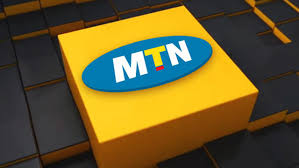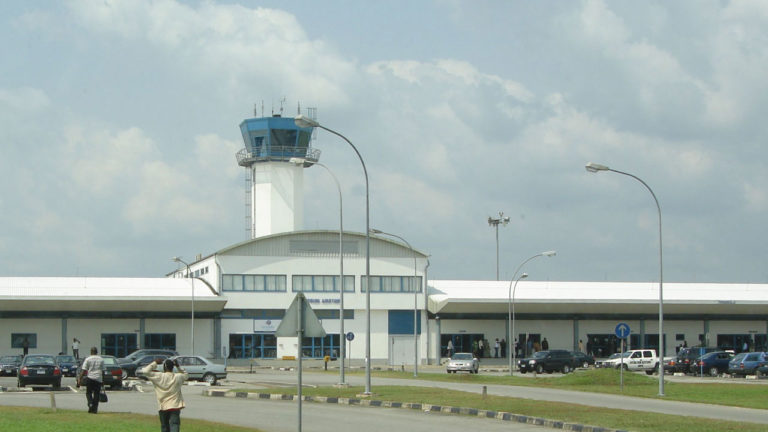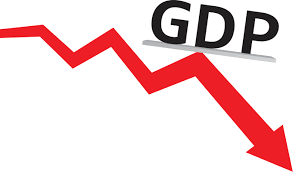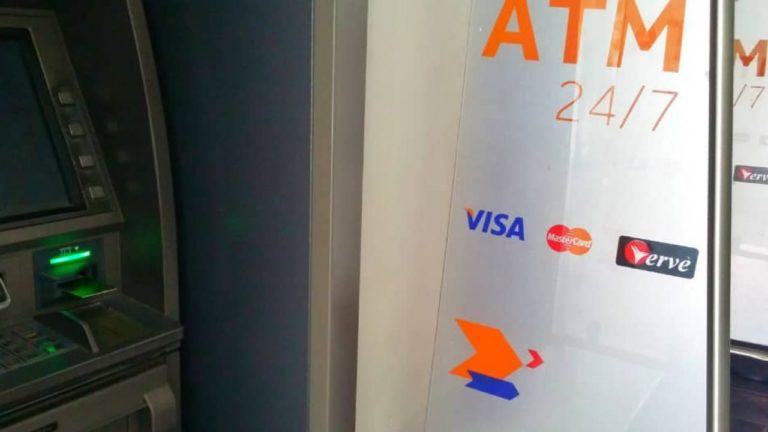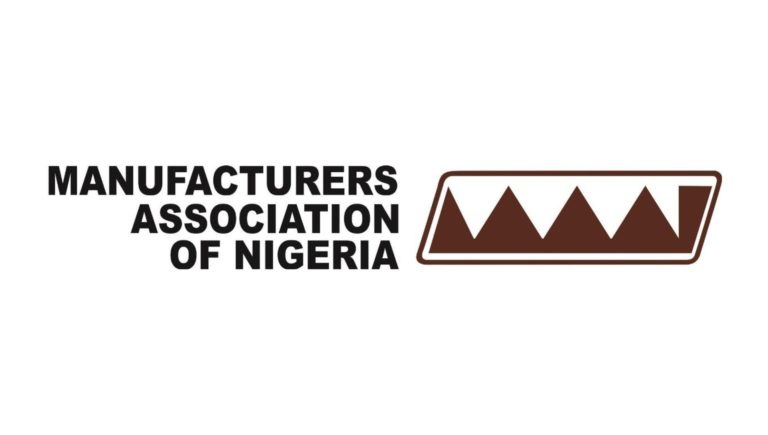Following the announcement by the National Bureau of Statistics that the nation’s Gross Domestic Product only grew by 1.94 per cent, year-on-year in real terms in the second quarter of 2019, compared to 2.10 per cent growth recorded in the first quarter, findings by financialstreet.ng have revealed why the declining economic growth poses danger to Nigeria and her citizens.
Analysing the latest NBS figure, the drop in the GDP can be attributable to weaker growth in the oil and non-oil sector during the period under review, due to the 2019 general elections, among other factors.
However, when compared to 2.10 per cent revised from 2.01 per cent due to oil output revisions recorded in the first quarter of 2019, the Q2 2019 real growth rate indicates a decline of – 0.16 per cent points.
The report stated that during the quarter, aggregate GDP stood at N34.9tn in nominal terms, an increase of 13.83 per cent over the performance in the second quarter of 2018 and 9.8 per cent over the preceding quarter.
Commenting on this development, a financial and data analyst, Chris John Mamuda, expressed grief over Nigeria’s slowing GDP growth, saying that it pretense real danger considering the country’s population explosion.
According to him, the reduction of real GDP growth by 0.16 per cent is worrisome as Nigeria now has a population of more than 200 million people.
“Annual GDP target of three per cent of Nigeria’s economic growth is not keeping up with population growth of over 200 million. According to the country’s population commission, population growth is almost at 3.2 per cent.
“For instance in the 2019 budget, GDP growth was projected at 3.10 per cent and it’s almost obvious that cannot be achieved. By implication, when GDP cannot match population growth, then there is a huge cause for concern,” he said.
On what needs to be done, the financial expert believed it is high time the exchange rate be made more flexible by the Central Bank of Nigeria.
This, according to him, will attract foreign direct investment.
Similarly, the Chief Executive Officer of Innovation Business Hub, Benedict Ogbu, said that the non-oil sector must be focused so as to get the country on the path to significant economic growth.
He said, “Looking at the non-oil sector, which reduced to 1.64 per cent in Q2 from 2.47per cent in the first quarter of 2019, shows the diversification policies of the federal government is not working.
“Agriculture, manufacturing and transport sectors, the chief contributors to the slowing of the GDP, must be critically looked into, both in terms of infrastructural development and funding. This will further improve our revenue base because it is high time we shifted from oil.”
Meanwhile, the GDP performance observed in Q2 2019 follows an equally strong first-quarter performance and was likely aided by stability in oil output as well as the successful political transition.
“Overall, a total of 15 activities grew faster in Q2 2019, relative to last year, while 13 activities had higher growth rates relative to the preceding quarter.
“On a half-year basis, real growth in the first half of 2019 stood at 2.02 per cent, higher than in 2018 which was 1.69 per cent. Quarter on quarter, real GDP increased by 2.85 per cent compared to a decline of –13.69 per cent in the preceding period.
“For better clarity, the Nigerian economy has been classified broadly into the oil and non-oil sectors,” the report by NBS explained.
According to NBS, in Q2 2019, Nigeria recorded average daily oil production of 1.98 million barrels per day (mbpd), or 7.6 per cent higher than the daily average production of 1.84mbpd recorded in the same quarter of 2018, but slightly less than the output recorded in Q1 2019 (1.99mbpd-revised from 1.96 mbpd).
It said, “The oil sector posted a real growth rate of 5.15 per cent (year-on-year) in Q2 2019, representing a 9.10 per cent points increase, relative to the rate recorded in the corresponding quarter of 2018. It also indicates an increase of 6.61 per cent points when compared to Q1 2019(revised). Quarter-on-Quarter, the oil sector recorded a growth rate of –1.55 per cent in Q2 2019.
The sector contributed 8.82 per cent to total real GDP in Q2 2019, up from levels recorded in the corresponding period of 2018 but down compared to the preceding quarter”
On the non-oil sector, NBS said, “The non-oil sector grew by 1.64 per cent in real terms during the reference quarter. This was – 0.40per cent points lower than recorded in the same quarter of 2018, and -0.83 per cent point lower than the first quarter of 2019.
“During the quarter, the sector was driven mainly by Information and Communication, Mining and Quarrying, Agriculture, Transportation and Storage as well as other services.
“In real terms, the non-oil sector contributed 91.18 per cent to the nation’s GDP, lower than the share recorded in the second quarter of 2018 (91.45per cent) but higher than the first quarter of 2019 (90.78per cent).”




